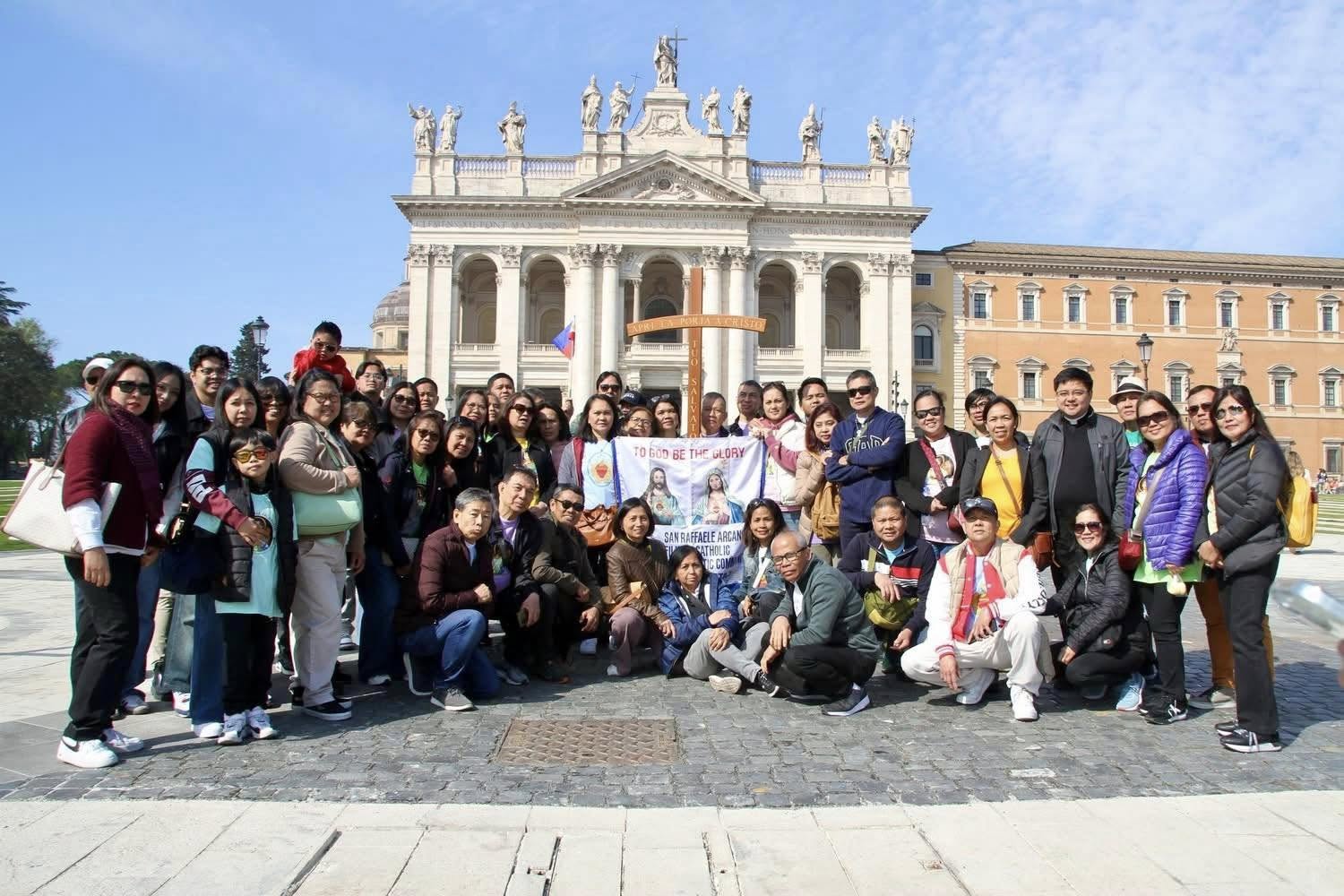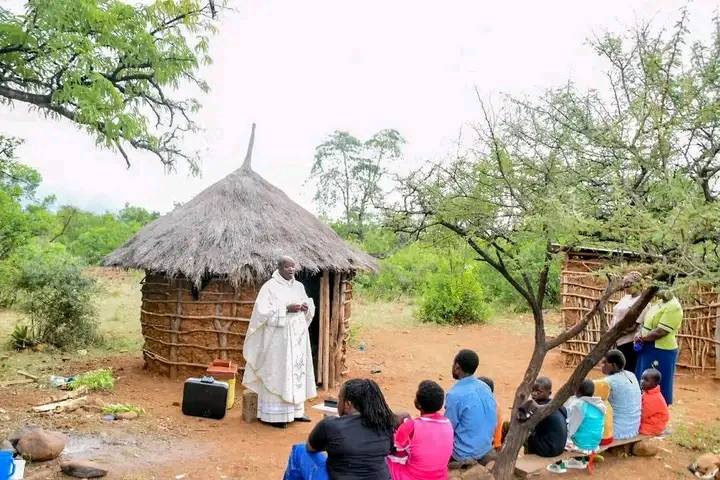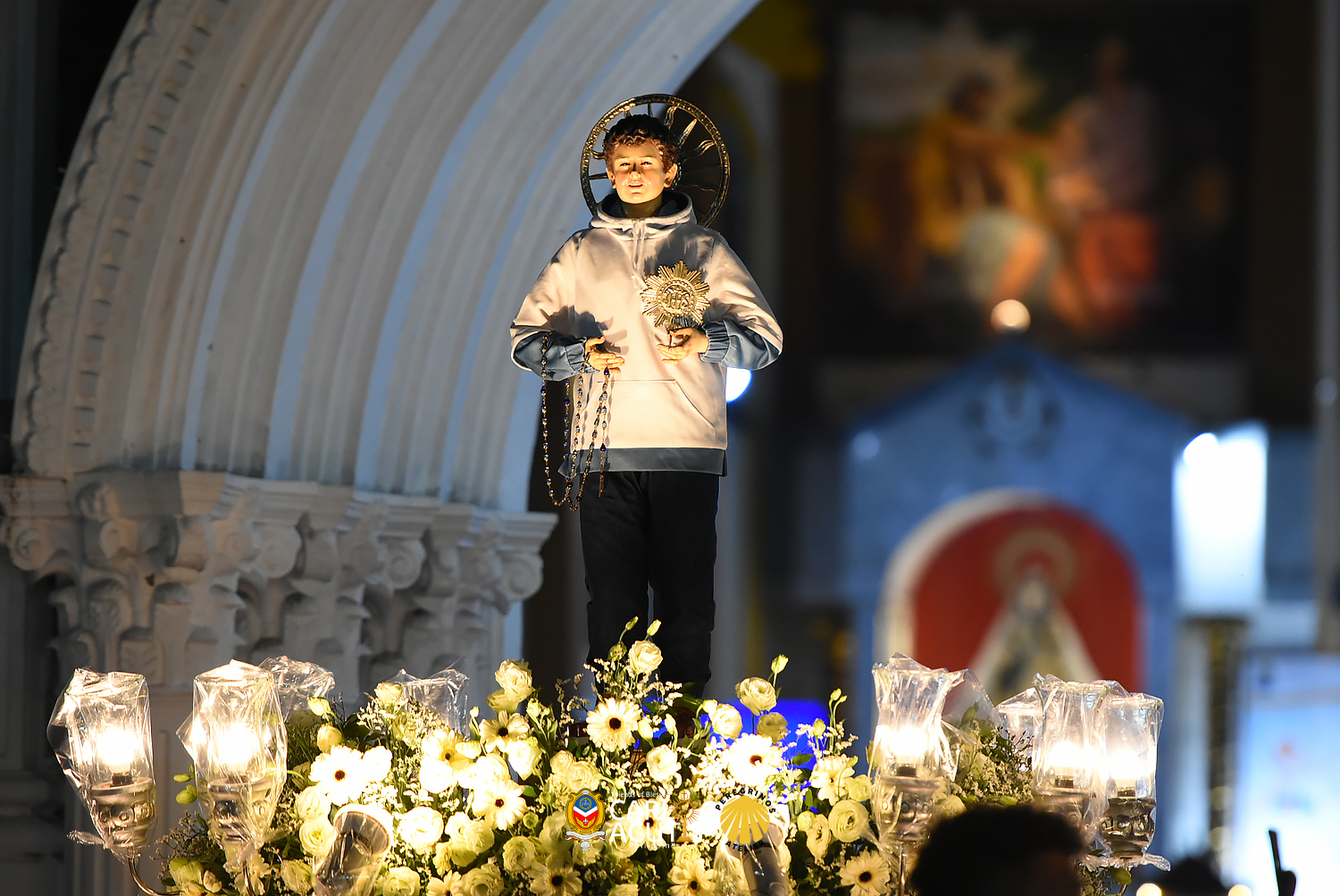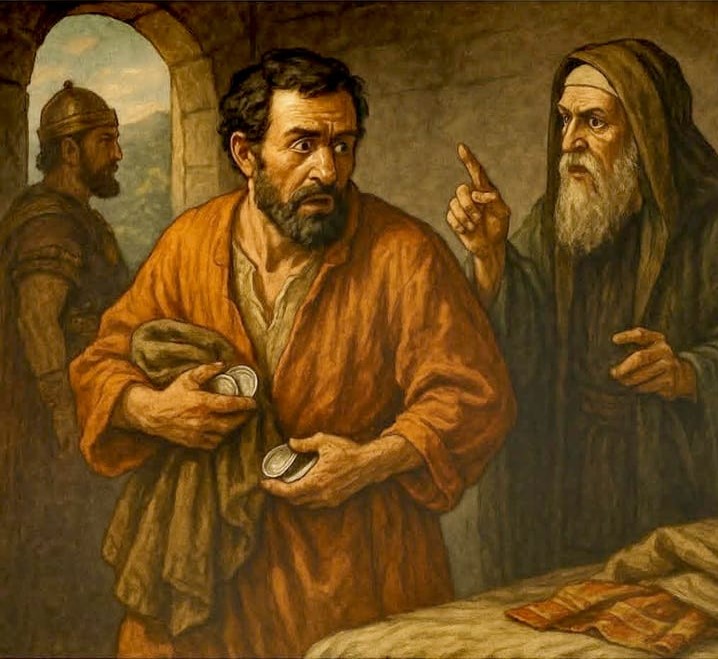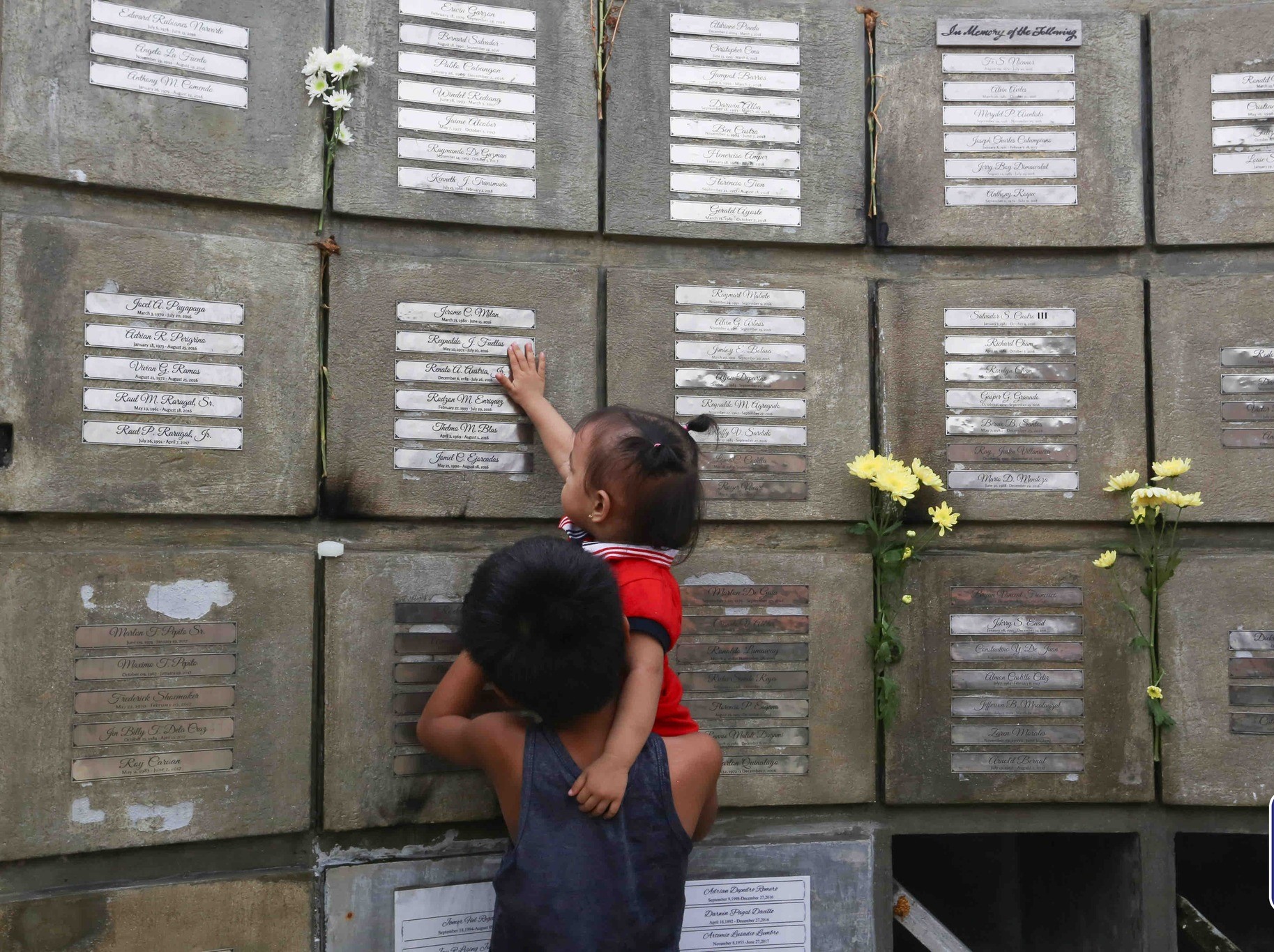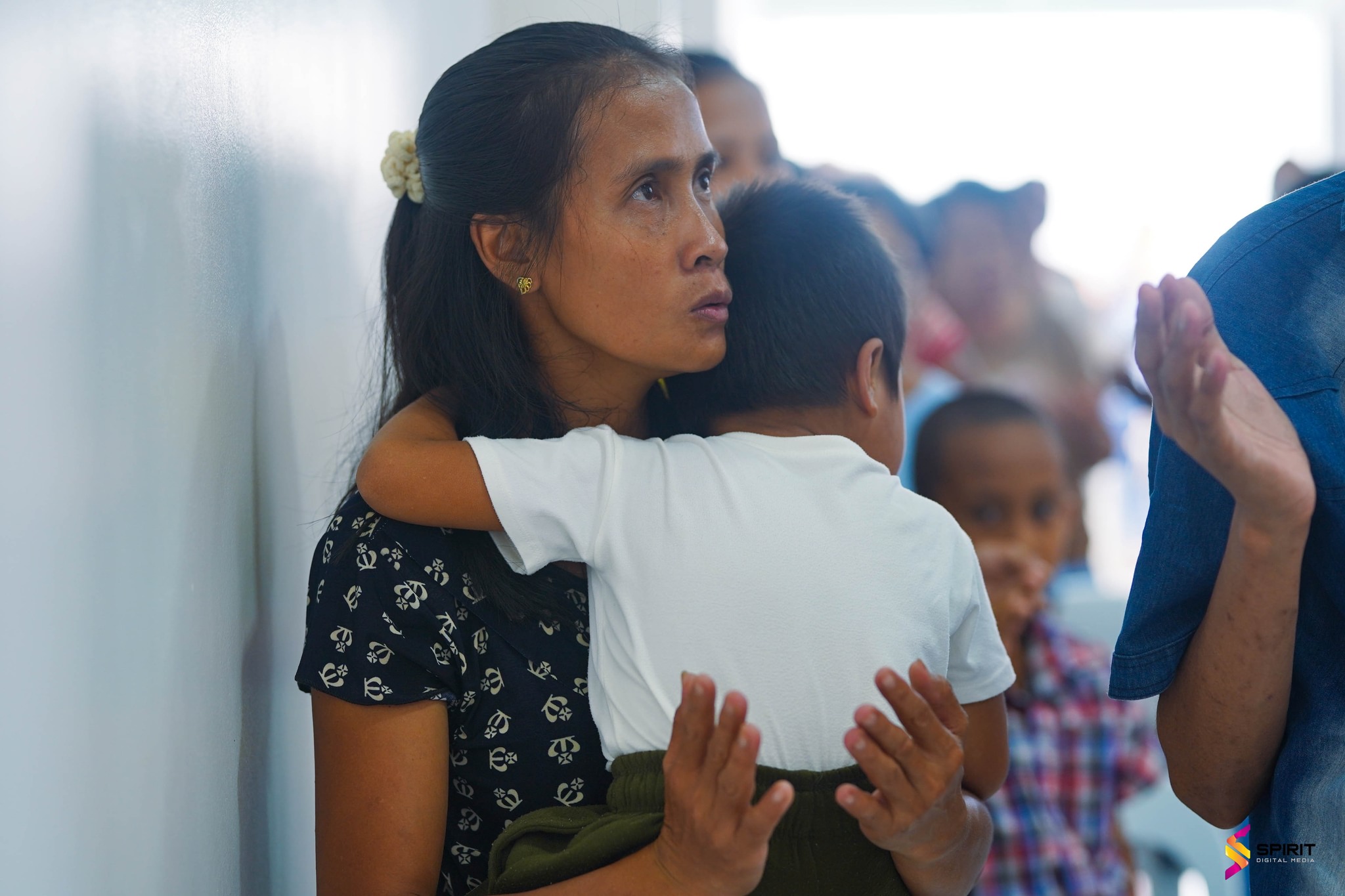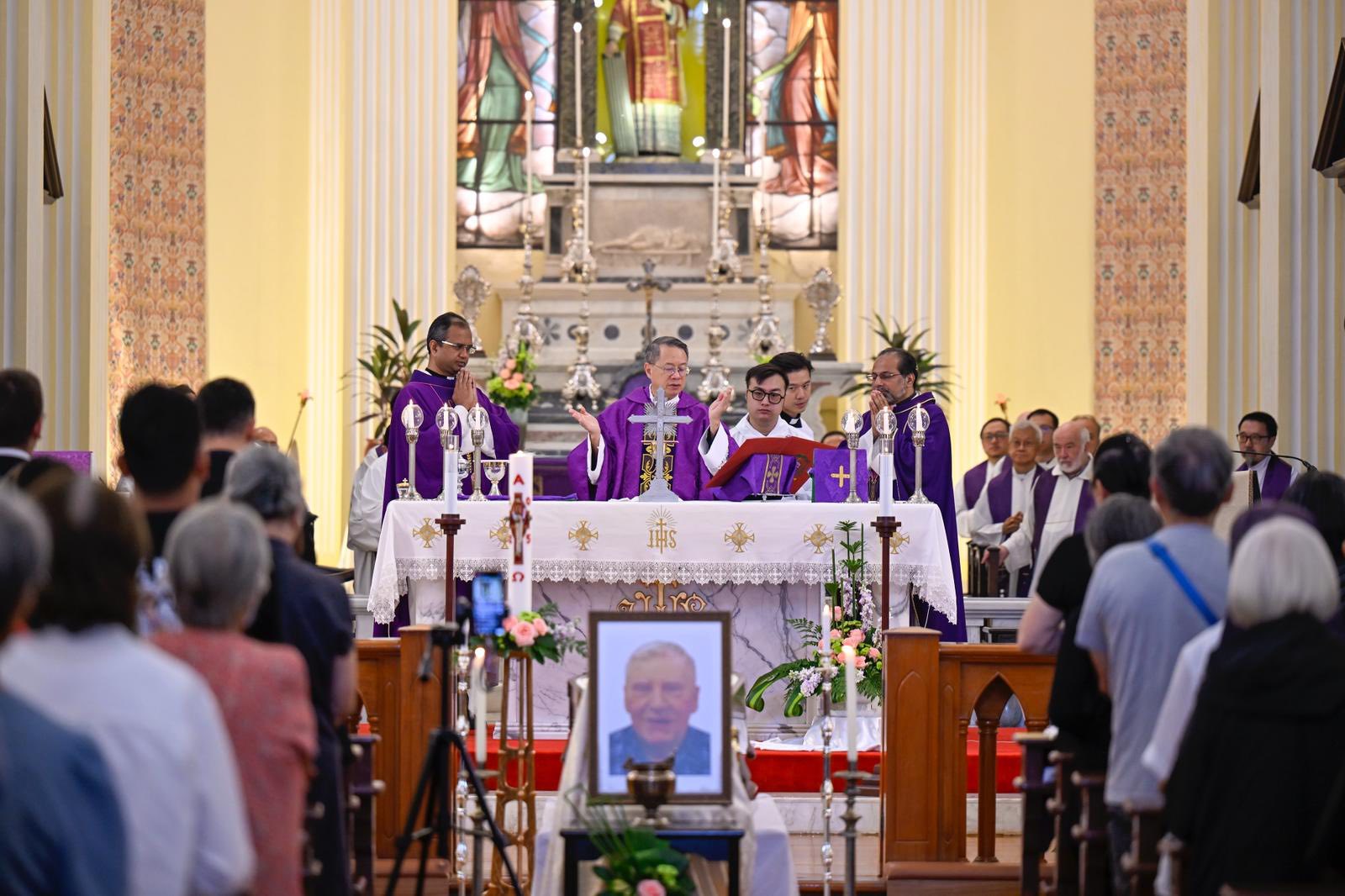In the eighth century B.C., the prophet Hosea emerged in the northern kingdom of Israel during the reign of Jeroboam II (782–753 B.C.). This was a period of relative peace and economic prosperity, especially for the ruling elite and merchant class. But beneath the surface, instability brewed. Following Jeroboam’s death, Israel saw six kings rise and fall within just 25 years—four of them assassinated. This political chaos stood in stark contrast to the more stable Davidic monarchy in the southern kingdom of Judah. By 743 B.C., the geopolitical landscape of the ancient Near East shifted dramatically. Tiglath-Pileser III, the ruthless king of Assyria, launched a military campaign against the kingdoms of Israel and Judah. Like his contemporary Amos, the prophet Hosea warned both the monarch and the people of the impending devastation. Their message was clear: Israel must repent. The Lord was preparing to use Assyria as an instrument of judgment and purification. Ultimately, Hosea’s warnings proved true. The northern kingdom of Israel was destroyed. Samaria, its capital, fell, and in 722 B.C., the majority of its inhabitants were taken into exile to a distant land—never to return.
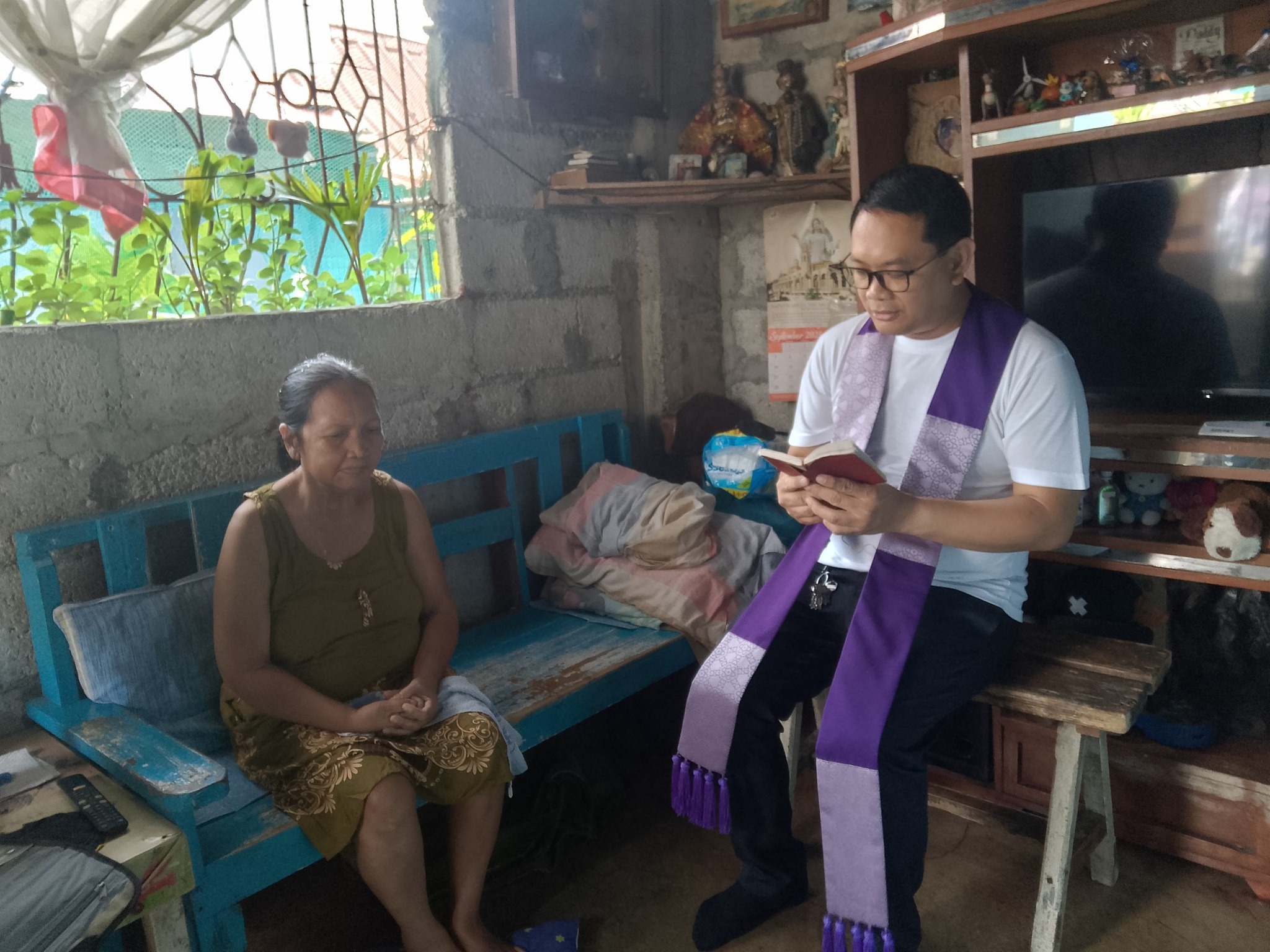

 Follow
Follow
